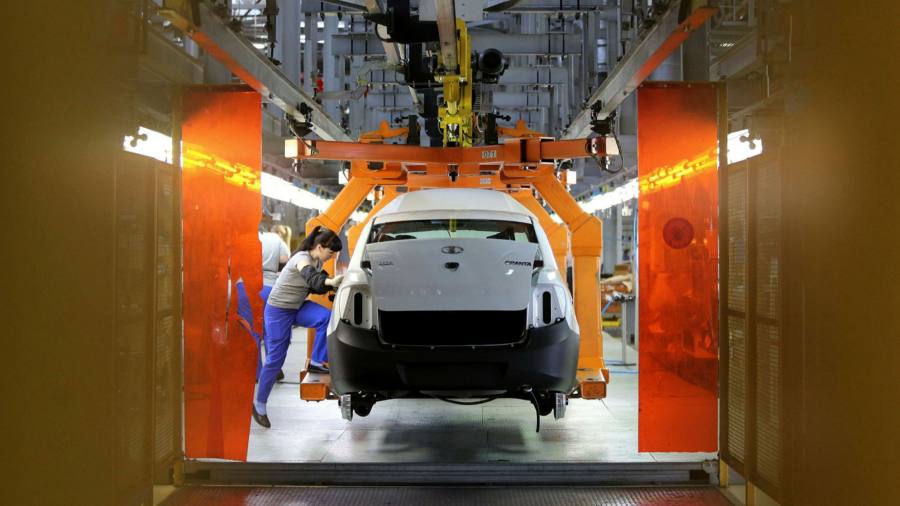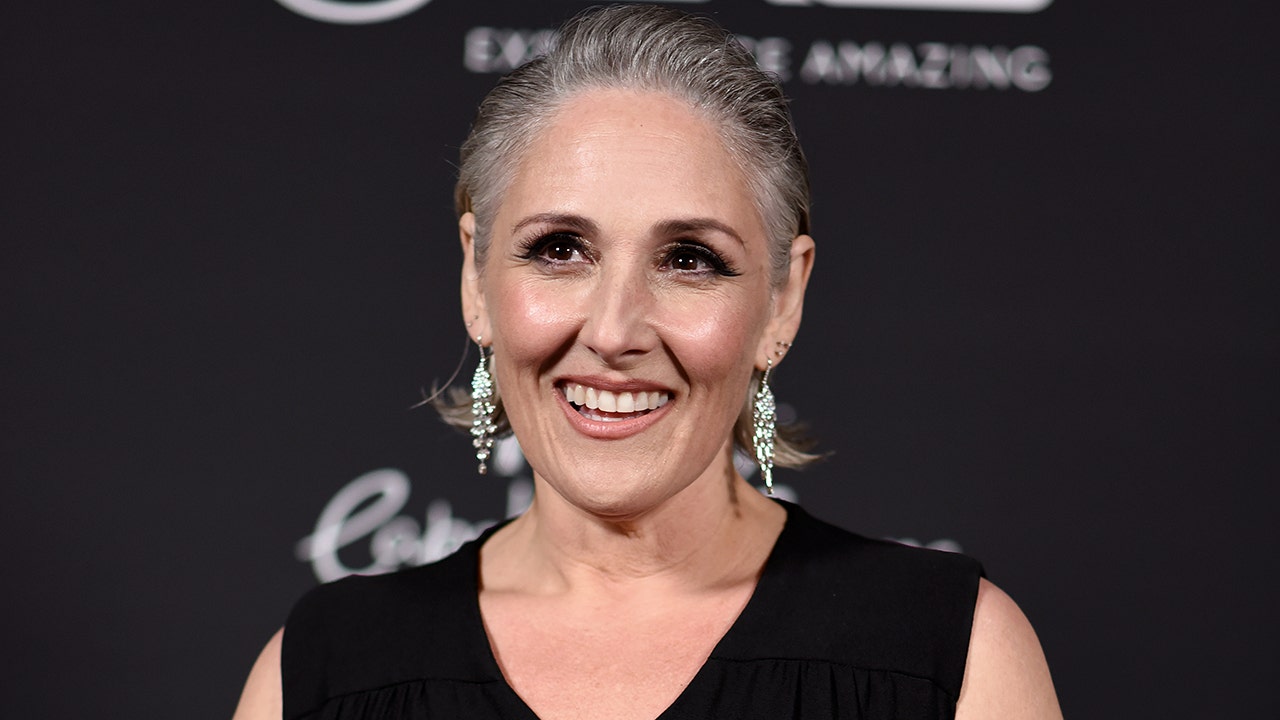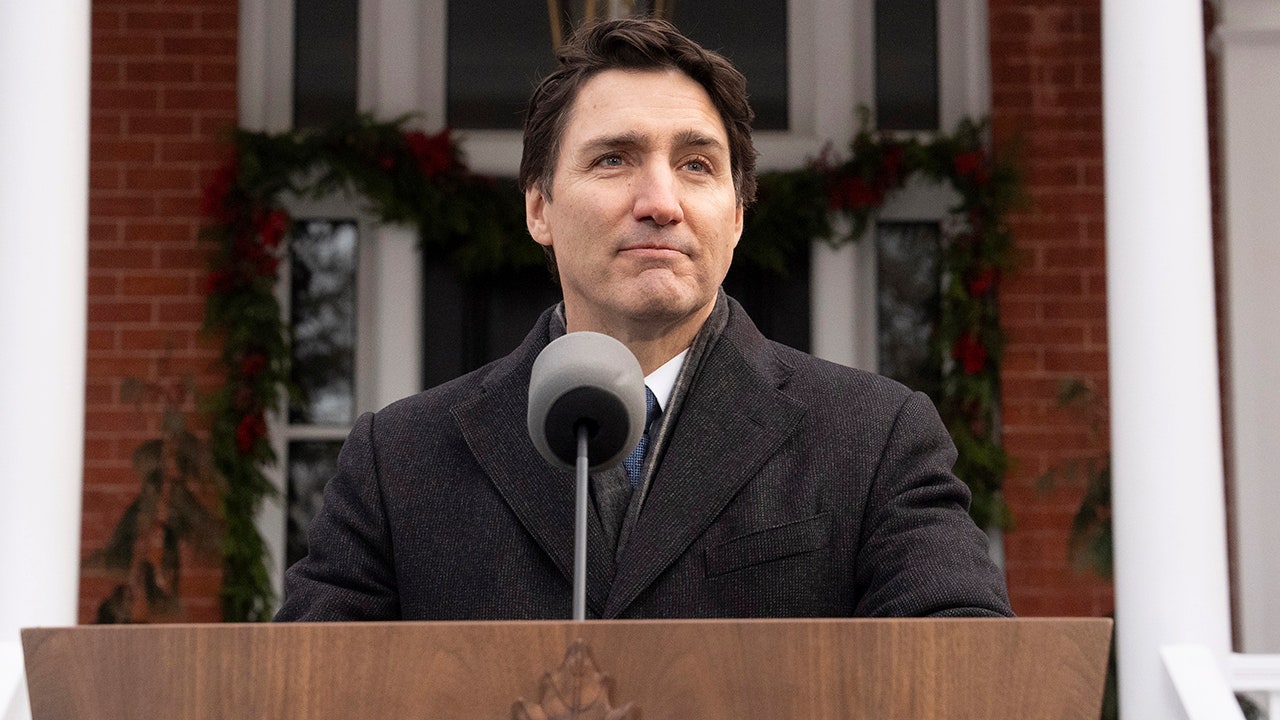“I think the president-elect is having a bit of fun”. That was how the Canadian ambassador to Washington reacted to Donald Trump’s first suggestion that her country should become the 51st American state.
The menacing “joke” is one of Trump’s preferred methods of communication. But the incoming president has now spoken at such length about his ambition to incorporate Canada into the US that Canadian politicians are having to take his ambitions seriously, and reject them in public.
The Canadians have the small solace that Trump ruled out invading their country and is instead threatening them with “economic force”. But he has refused to rule out military action to achieve his ambitions to “take back” the Panama Canal and take over Greenland, which is a self-governing Danish territory.
More light-hearted banter? The chancellor of Germany and foreign minister of France took Trump’s threats seriously enough to warn that Greenland is covered by the EU’s mutual defence clause. In other words — at least in theory — the EU and the US could end up at war over Greenland.
Trump’s defenders and sycophants are treating the whole thing as a huge joke. The New York Post proclaimed a new “Donroe Doctrine” — the 19th-century message to Europeans not to meddle in the western hemisphere — with Greenland relabelled as “our land”. Brandon Gill, a Republican congressman, smirked that the Canadians, Panamanians and Greenlanders should be “honoured” at the idea of becoming Americans.
But the rights of small nations are not a joke. The forcible or coerced takeover of a country by a larger neighbour is the biggest alarm bell in world politics. It is a signal that a rogue state is on the march. That is why the western alliance knew it was crucial to support Ukraine’s resistance to Russia. It is also why the US organised an international alliance to eject Iraq from Kuwait in the early nineties.
Attacks on small countries triggered the first and second world wars. When the British cabinet agonised in 1914 over whether go to war with Germany, David Lloyd George, who later became prime minister, wrote to his wife: “I have fought hard for peace . . . but I am driven to the conclusion that if the small nationality of Belgium is attacked by Germany all my traditions . . . will be engaged on the side of war.”
Britain and France infamously refused to protect Czechoslovakia from Nazi Germany in 1938. But within a year, they had recognised their error and extended a security guarantee to Poland — the next small neighbour on Germany’s hit list. The invasion of Poland triggered the start of conflict.
Trump’s supporters bitterly resent any comparison between his rhetoric and that of aggressors from the past or present. They argue that his demands are actually aimed at strengthening the free world, for a struggle against an autocratic China and possibly Russia too. Trump has justified his expansionist ambitions for Canada, Greenland and Panama on grounds of national security.
Another argument is that Trump’s bluster is simply a negotiating tactic. His supporters sometimes claim that he is just putting pressure on allied nations to do what is necessary, for the greater good of the western alliance. And after all, they say, aren’t many of Greenland’s 55,000 inhabitants seeking independence from Denmark? Are Canadians not tiring of the incompetent “woke” elite who run their country?
But these are feeble arguments. It would be legitimate for Trump to try to persuade Greenlanders that they might be better off as Americans. But threatening to use military or economic coercion is outrageous. His claims that many Canadians would love to join the US are also delusional. The idea was rejected by 82 per cent of Canadians in a recent poll.
As for grand strategy — the reality is that Trump’s threats to Greenland, Panama and Canada are an absolute gift to Russia and China. If Trump can claim that it is a strategic necessity for the US to take over Greenland or the Panama Canal, why is it illegitimate for Putin to claim that it is a strategic necessity for Russia to control Ukraine? If Gill can claim it is America’s “manifest destiny” to expand its frontiers, who could object when Xi Jinping insists it is China’s manifest destiny to control Taiwan?
Both Russia and China have long dreamt of pulling apart the western alliance. Trump is doing their work for them. Just a few weeks ago, it would have been beyond the Kremlin’s wildest dreams to see Canada’s main news magazine running a cover story on “Why America can’t conquer Canada”. The idea of European leaders invoking the EU’s mutual-defence clause against the US — not Russia — would also have seemed like fantasy. But these are the new realities.
Even if Trump never makes good on his threats, he has already done enormous damage to America’s global standing and to its alliance system. And he is not even in office yet.
It does seem unlikely Trump would order an invasion of Greenland. (Although it once seemed unlikely that he would attempt to overthrow an election.) It is even less probable that Canada will be intimidated into surrendering its independence. But the very fact that the incoming president is ripping up international norms is a disaster. Any sniggering at Trump’s “jokes” is misplaced. What we are witnessing is a tragedy — not a comedy.
gideon.rachman@ft.com





















/cdn.vox-cdn.com/uploads/chorus_asset/file/25822586/STK169_ZUCKERBERG_MAGA_STKS491_CVIRGINIA_A.jpg)




/cdn.vox-cdn.com/uploads/chorus_asset/file/25821992/videoframe_720397.png)